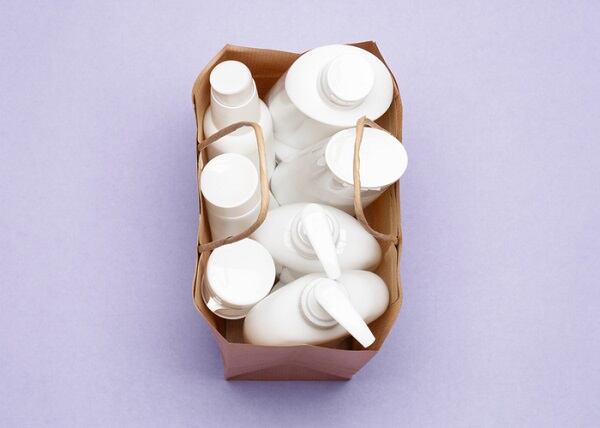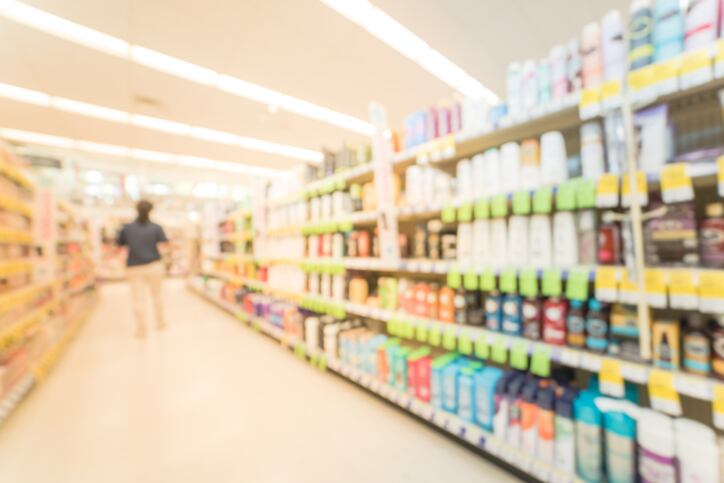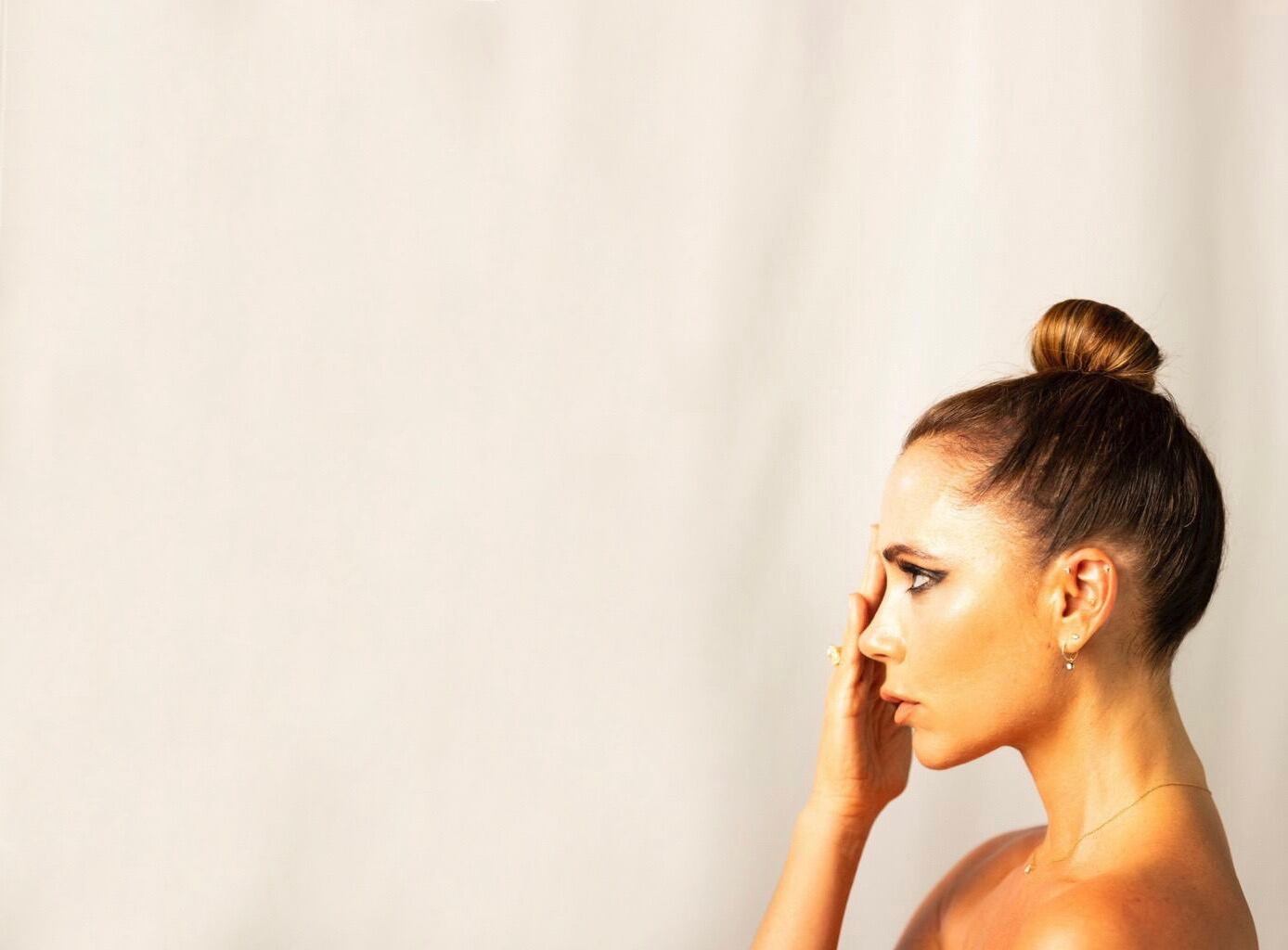But just how far off are we from seeing sustainable packaging as the new industry standard? Will the march towards this goal render less non-sustainable packaging solutions obsolete? Or will practicality and cost mean that there will always be a market for the type of plastic packaging solutions that our industry still largely relies on today?
To get a good glimpse at the direction the industry is going in it’s a good idea to take a look at the indie beauty category, an area of the industry that moves much faster, and one that has traditionally provided a look in at what lies in store for the future of both packaging and formulation.
Indie beauty takes sustainable packaging to heart
At the recent Indie Beauty Expo in New York City, held at the end of August, I walked the show floor and found it noteworthy how many companies were taking the issue of sustainable packaging very seriously.
Numerous brands I spoke to were making big inroads towards providing more sustainable packaging solutions simply because this is what their customers are asking for, but also because there is a consensus that this is the right thing for the environment.
At the event I spoke to Au Nature Cosmetics, which has redesigned a large part of its packaging to include PCR plastic and aluminum closures, while German company No Cosmetics told me it was in the middle of transitioning to recycled aluminum packaging.
Both of the these brands are established indie beauty brands, but there is a growing band of newly launched indie beauty brands coming on to the market that are going with sustainable packaging initiatives from the outset.
Zero waste and 100% recyclable claims
This next generation of indie beauty businesses, together with established indie brands that are revamping their packaging, is aiming big when it comes to sustainability goals, with a growing number going the whole hog by making either zero waste or completely sustainable packaging claims.
These companies are going for alternative materials to conventional packaging, including bamboo, glass, silicone, a range of metals, bio plastics and recycled plastics as a means of raising their sustainability profiles.
Examples of this include Elate Beauty, which is using bamboo from China for its color cosmetics lines, Captain Blackenship, which uses glass or paperboard for its hair care products and Laguna Herbals, which packages its reef-safe sunscreen in an aluminum tin and other skin care products in recycled glass.
Is refillable better than recycling?
Zero waste initiatives have also led to a flurry of brands establishing refill services, which although sometimes difficult to establish and to manage, are not only improving businesses sustainability profiles, but also serving to encourage brand loyalty, if it is done right.
What is also pushing the agenda to go for refillable is the fact that it is becoming harder to recycle or dispose of packaging waste, something that has become harder since countries such as the Philippines and China, which have traditionally dealt with the world’s recycling, have both cracked down on such imports this year.
There is also the fact that the sustainability profile of refillable packaging is reported to be better than that of recycled packaging, with the LCA estimating that the this type of system saves 70% on CO2, 65% on energy, and 45% on water, compared to buying a newly manufactured product.
Examples of brands making the big effort to go refillable include Alima Pure, which has made some of its compacts refillable include multinational player L’Occitane, direct-to-consumer player Myro is offering refillable deodorants and cult fragrance player Le Labo.
How does cost impact sustainable packaging?
But what the challenge of broadening sustainable packaging boils down to is cost, with both recycled plastics, alternative packaging materials and refillable options all proving to be considerably more expensive than conventional PET plastic packaging.
This type of packaging became popular for a reason: it is easy to manufacture, lightweight, easy to transport and can be designed to incorporate a high level of aesthetics at a relatively low cost thanks to the flexibility of the material.
At the higher end of the market, which is occupied by many of the indie beauty brands that are spearheading the drive towards more sustainable packaging, the additional cost can be absorbed by consumers willing to pay the higher price tag.
However, in the mass market, where multinationals are constantly undercutting on price to remain competitive, the additional cost of recycled or refillable packaging means that these kind of initiatives are not set to become the industry standard over-night.
It is government regulation that will have the most impact
But ultimately it may well be government initiatives to tackle the problems created by single-use plastic packaging waste that will eventually lead to more widespread industry initiatives towards more sustainable packaging.
In California moves are already being made to outlaw single use plastic packaging, highlighted by the controversial decision to ensure that plastic straws are an option to customers.
Many industry experts believe that this is the tipping point, particularly as other countries and US states are mulling restrictions on single-serve plastics, while the the EU is readying to introduce a ban on single-serve plastics by 2021.
According to a recent U.N. report, only 14% of countries in the world have any kind of restriction on a variety of plastic packaging, but as such bans look set to be more widespread, it’s only a question of time before the beauty industry starts feeling the heat.



